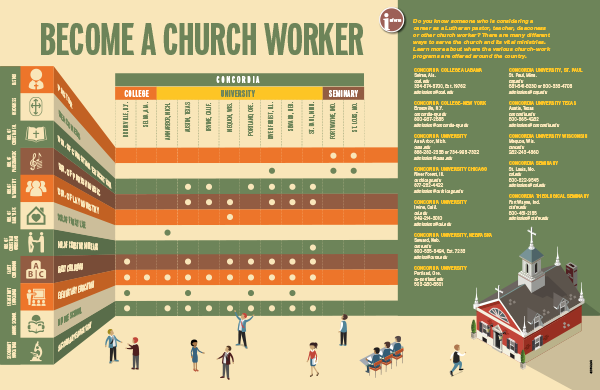The Historic Importance And Role Of Churches In Modern Society

Produced By-Cameron Jernigan
You may think about churches as just positions for worship, however their role has actually evolved considerably gradually. They have actually transformed right into community hubs, attending to different social problems and cultivating connections amongst participants. As culture changes, churches encounter one-of-a-kind challenges and need to adapt to continue to be appropriate. What's driving this change, and exactly how do modern churches impact today's communities? Discovering these questions discloses much about their long-lasting significance.
The Evolution of Churches With History
As culture has proceeded, the role and structure of churches have actually changed substantially. https://writeablog.net/chang14ka/faith-and-fellowship-why-joining-a-church-can-change-your-life could see that early churches largely worked as churches and area event, rooted deeply in custom.
Over time, these establishments adapted to the transforming requirements of their churchgoers, commonly showing societal changes. For instance, the Improvement triggered a surge in varied denominations, each embracing distinct beliefs and methods.
Today, many churches focus not simply on spirituality yet also on social problems, engaging with contemporary challenges like poverty and inequality. This development shows how churches remain to matter, resolving modern concerns while maintaining their core mission.
Recognizing this journey helps you value the lasting impact of churches in our lives.
The Role of Churches in Area Structure
Churches play an important role in constructing strong communities by cultivating connections among people and family members. They provide an inviting room for individuals to collect, share experiences, and assistance each other.
By organizing occasions like dinners, workshops, and volunteer chances, churches motivate participation and cooperation among members. You'll locate that these celebrations usually cause lasting friendships and networks of support.
Additionally, churches typically work as a center for outreach, assisting those in need via food drives, therapy, and various community services. They develop a sense of belonging, advising you that you're part of something larger.
When you involve with your neighborhood church, you're not simply attending services; you're proactively adding to a vivid, interconnected community that grows on common assistance and concern.
Obstacles and Adjustments in Contemporary Culture
While community structure continues to be a keystone of church life, modern culture offers special difficulties that need adaptation. You've likely observed decreasing attendance and shifting demographics, making it vital for churches to reassess their strategies.
Engaging read more with modern technology and social networks can assist bridge the gap. Take into consideration hosting on the internet solutions or area occasions that resonate with diverse rate of interests.
Furthermore, addressing social issues like psychological health and social justice can reel in those looking for assistance and purpose. You can develop comprehensive settings that invite everybody, fostering a feeling of belonging.
Conclusion
To conclude, churches have transformed from straightforward places of worship into crucial community centers that deal with today's social problems. As you assess their development, it's clear they play an important role in fostering links and giving assistance. Regardless of obstacles, modern churches adjust by accepting innovation and inclusivity, ensuring they remain relevant. Their continuous visibility not just nurtures a feeling of belonging however also shapes societal worths, making them a vital part of modern life.

